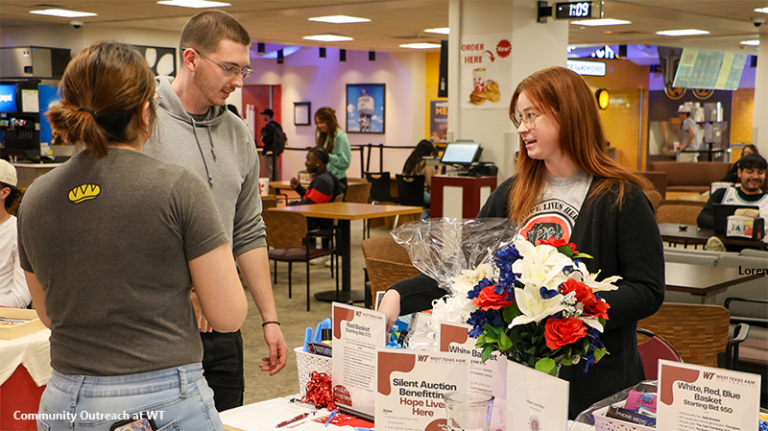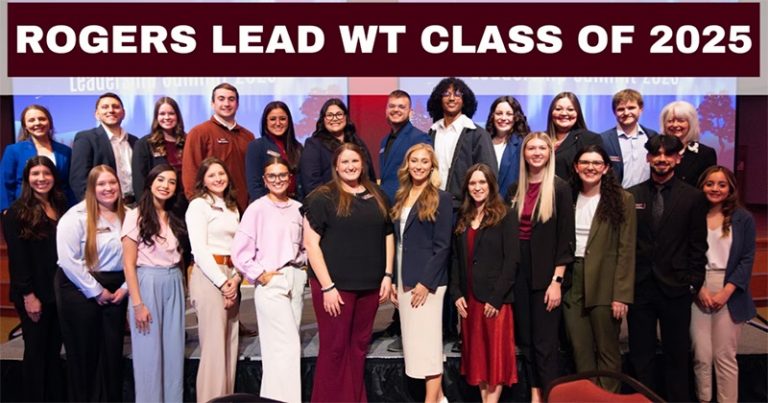Fifth in a Series on Research
Good students, those academically inclined and motivated to learn, value opportunities for research as undergraduates.
If you are an undergraduate who thinks that research is only for faculty and graduate students, you have no idea what you are missing!
Bekah Zaiser, Undergraduate Researcher, Dr. Christine Miller’s Lab, University of Florida
________________________________________________________________
Research and scholarly work at universities is usually thought of in the context of graduate studies. Certainly graduate students engage in the preponderance of research teamed with professors: such action develops and replicates scholarly minds to positively impact the student experience for all, at every level.
There is a trend among national research universities and liberal arts colleges to increasingly engage undergraduate students in the research and creative enterprise. The importance of this commitment is demonstrated in many ways.
US News and World Reports best colleges’ analysis includes institutions such as Caltech, Carleton, Carnegie Melon, the College of Wooster, and Dartmouth College as national leaders in creating and sustaining emphasis on research, scholarly and creative work for undergraduate students. While the top five institutions are prestigious, smaller seats of study, the top 25 institutions include Ohio State, Berkeley, UCLA, Michigan, Nebraska, and Virginia Tech among others — big publics.
The tendency is undeniable. Good students, at good universities, desire this mentor driven interaction and the challenges it creates. In 2002, Southern Illinois University Carbondale developed an undergraduate research assistantship program, funded at $800,000 a year, to support undergraduates in work related to their area of study. At a pay rate exceeding minimum wage, deserving undergraduates worked with faculty or staff in a research/internship role intended to engage students in intellectual work, research and scholarly activity associated with their study interests. And, pay some bills.
In a January 3, 2010, Chronicle of Higher Education piece, Needed: a National Strategy to Preserve Public Research Universities, Paul N. Courant, James J. Duderstadt, and Edie N. Goldenberg missed the boat in citing important issues for research universities and public policy. They did not address research for undergraduates. The influx of international students to U.S. institutions comes in significant measure from secondary schools that treat students as the best U.S. universities treat undergraduates. And, we are, at great national expense, losing our edge. Creating intellectual challenges for undergraduates with diligent, individually directed, faculty-mentored discovery learning will improve international competiveness for U.S. ideas.
James M. Gentile, President of the Research Corporation for Science Advancement, suggested in Science Education: The Value of Undergraduate Research, that the benefits of undergraduate research are high and getting higher, especially as the U.S. continues to lose ground in the international knowledge generation arena.
It would surprise no one that the Council on Undergraduate Research, a national organization of people and institutions numbering nearly 4000 members, concurs: Undergraduates engaging in research are both better students and better campus citizens. The Journal of Undergraduate Research, published by the College of Arts and Letters at the University of Notre Dame and edited by students from around the nation, evidences a quality of work that is remarkable.
The research, scholarly, and creative intensity of our universities will be more successful if institutions foster a better educational environment that reinforces the discovery and creative experience throughout the undergraduate curriculum. Students receive the benefit of seeing a project from inception to completion rather than the typical experiences in lecture halls and laboratory of a “snippet-based” approach to knowledge generation and learning.
And this is not a one way street. Faculty members get research ideas from students, according to S.F. Chopin’s reflection in The Anatomical Record. Too frequently research and scholarly work is portrayed as a benefit to the university because it generates cash flow, or a means for achieving tenure and promotion. Too bad.
And it is not a new idea. In 1899, 250 doctoral degrees were awarded in the U.S. In 1999, 400 institutions produced 40,000 PhD’s according to the National Science Foundation. In the 19th century there were few graduate students to carry out research with faculty. Undergraduates helped. In the U.S. post WW II era, almost all research at universities had shifted towards graduate students. A lost opportunity for the best students to begin research in the early years of university life has been consigned to the collegiate cultural norm. Too bad.
In our forward-looking universities, good undergraduate students contribute to faculty insight every day. The best faculty members crave the chance to work with engaged undergraduates. They know the secret: In enlivened teaching, you always get more than you give. And that is good for everyone.








Excellent article Dr. Wendler. I can attest to this based on my recent experience in the urban design studio. With just a small amount of research into certain aspects of life such as wellness and obesity in Washington DC I was able to determine an interest in an area that I hadn’t thought about decades…public housing.
Thanks
Undergraduate reaearch exposes students to the unexpected result and what to do about it. Too much undergraduate education, both lecture and laboratory, is of the cookbook variety. Its all been done before, every step along the way is defined, deviations from the given path are discouraged and the end result is known before we begin. The student comes to believe that everything has already been discovered and all that remains is to carry out more or less similar tasks providing at best incremental additions to the field. Not exactly a prospect to encourage students to continue in the field. A student exposed to undergraduate research runs the “risk” of coming across something totally unexpected and having to decide how to deal with it. Can he/she confirm the observation? How should it be followed up? What does it tell them about their original assumptions? Maybe there is in fact something left to discover! To me developing the ability to address such issues is what education should be about and I cannot think of a more effective way to encourage that than introducing undergraduate students to research as soon as possible.
In 1968 I was enjoying the ferment of the 60’s in all manner of things…one of those things was the Undergraduate Research Trainee program where 20 of us were paired with faculty members doing research and spending a Saturday a month in an informal seminar on research in education. It was a foundational experience for my career in academia!